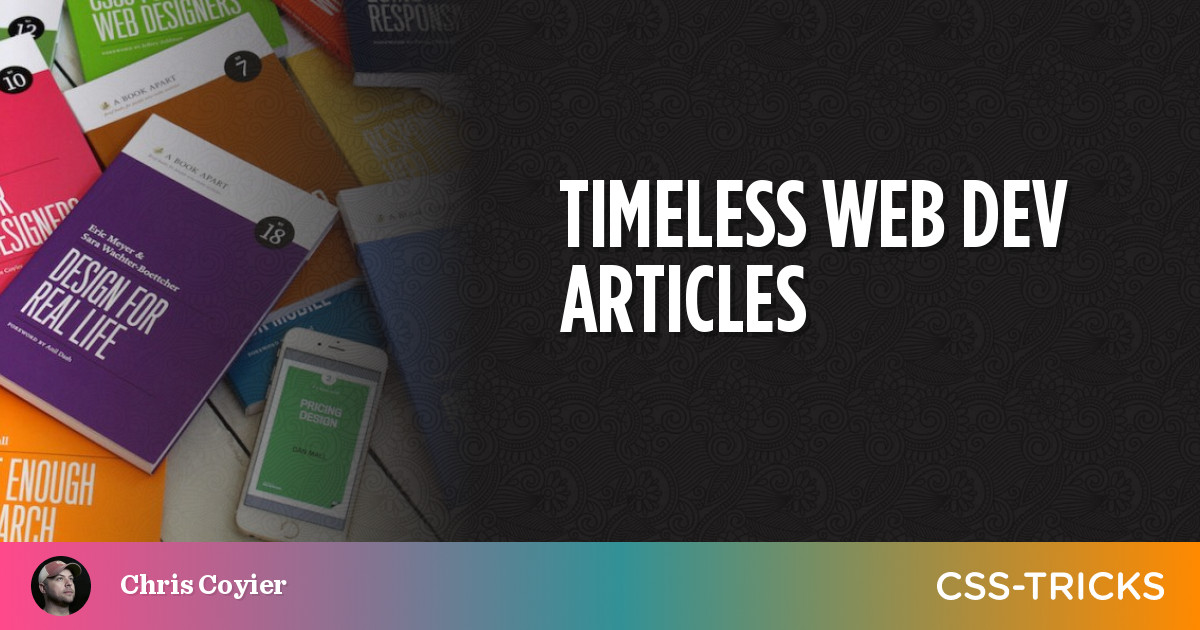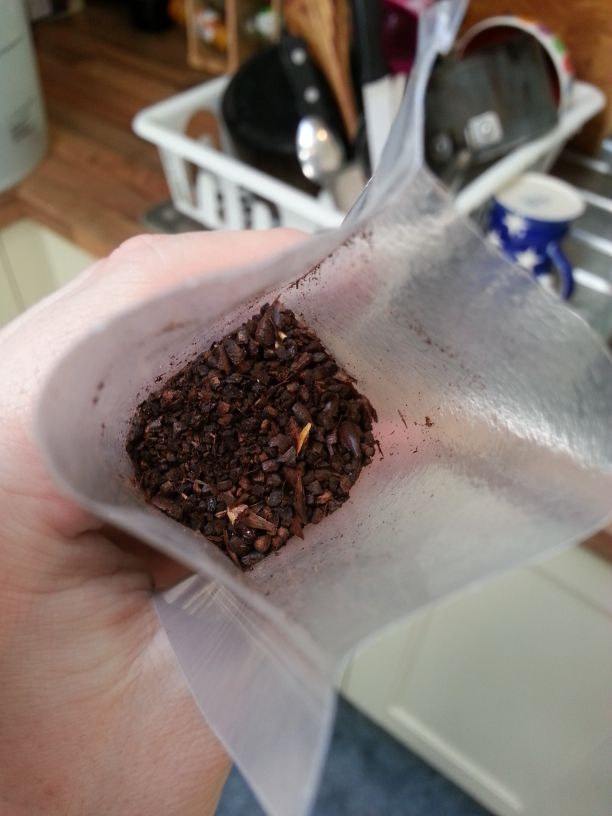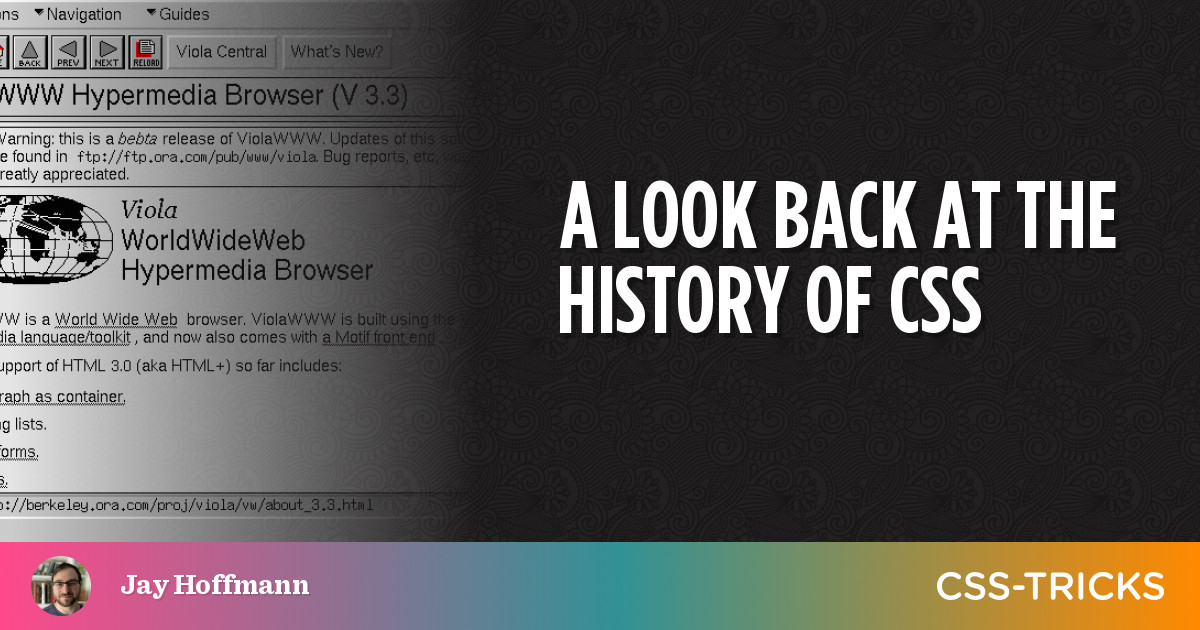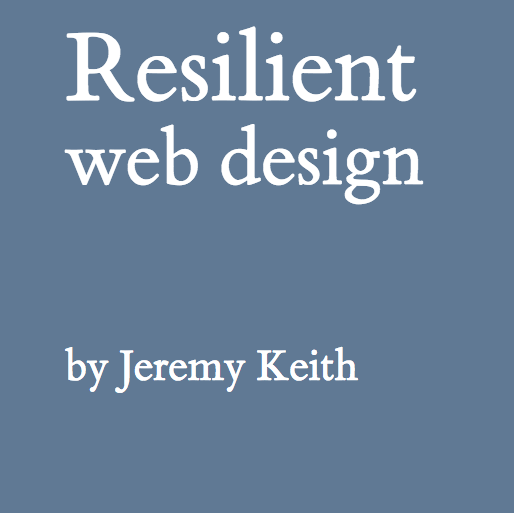Bring out your dead... I cleaned out a decade of "read later" links from Safari

In a fit of Spring cleaning, I closed 380 open tabs on my mobile Safari (hopefully I've found whichever tab was refreshing itself constantly and draining my battery) which led me into the black hole of my Safari "read later" list. It was quite an adventure going back through articles I'd saved over 10-12 years, and a career change from academia to working on SaaS products. These are some of the highlights.
A lovely toy/tool to design a dungeon, with monsters, for a gaming party to crawl through. The tool offers text prompts to inspire a DM/GM—I wonder how far you'd get in fleshing out a coherent adventure by feeding these prompts into Chat-GPT.

Well, the pitch is these are timeless—and the article is only 3 years old—so fill your boots I guess!

This is four years old, so I guess there are three or four new records that could have been in contention (though I'm not sure how the Graun would rank them in this company). I'm going to see Springsteen and the E-Street Band this summer at Villa Park, so I do need to go a little deeper on the back catalogue before then rather than just relying on Spotify to shuffle me a mix of most played Bruce tracks.

I've often wanted to try brewing beer and even attended a day-long course run by my pal Stu, but I never have done it. Here Matt Andrews talks about how to do it with minimal investment and fuss. And it looks really messy and fussy and I'll probably not bother :)

I love web history. This post is on CSS Tricks, but is by Jay Hoffmann who writes the awesome website/newsletter/book at https://thehistoryoftheweb.com/

Talking of history, this book/website makes a fascinating pitch—a more philosophical approach than most texts about web design:
"I wrote this book to highlight some of the approaches to web design that have proven to be resilient. I didn’t do this purely out of historical interest (although I am fascinated by the already rich history of our young industry). In learning from the past, I believe we can better prepare for the future. "You won’t find any code in here to help you build better websites. But you will find ideas and approaches. Ideas are more resilient than code. I’ve tried to combine the most resilient ideas from the history of web design into an approach for building the websites of the future."

More web dev philosophy from as far as back as 2000!
What I sense is a real tension between the web as we know it, and the web as it would be. It’s the tension between an existing medium, the printed page, and its child, the web. And it’s time to really understand the relationship between the parent and the child, and to let the child go its own way in the world.

One of the things we're interested in at Ghost is how we might help support sustainable (hyper)local journalism. As someone who used to do a bit of this, and study it, and teach about it, I have bunches of bookmarks on the topic. Apart from favouring the term "black hole" over the current "news desert", this one from 7 years ago could have been written today. It was quite startling to see how little progress has been made (and to reflect on the fact that what this really means is we've fallen further behind, and lost more local accountability).

Back when I worked in HE I always felt a tension between what many of us knew or understood about labour and the conditions that we accepted in our working lives—the system we were all attempting to navigate and (let's face it) climb to the top of. Very few people were able to say the quiet part out loud, and when we resorted to industrial action the results often felt underwhelming. My former union is once again on strike, so it feels timely to resurface this essay on academic labour by Joss Winn—one of the people who, along with Richard Hall, does manage to say the quiet part out loud.

I recently read (listened to) On Writing which I'd meant to do for years. It fits into one of my favourite literary forms—stealth autobiography. Is it a book about writing? Yeeeees. Is it also a life story, and the only King autobiography? More so this. See also Raw Spirit by Iain (M) Banks: Banks's story of finding the pure platonic idea of whisky on a tour of Scotland is just a hook to tell you what Iain really thinks of the world, in his own voice, rather than the voice of Prentice McHoan or Isis Whit—and it's sadly the only time we got to hear his story in his words before he passed away.

People are always asking me (no, really, this is true) what my favourite podcasts are. While This American Life isn't necessarily a show I listen to religiously, this episode, 129 Cars, is one of the best-produced radio packages I've ever heard.

I'd like to see this extended to include the demolition... well I'd kind of hate it because RIP the Central Library. But just for completism.

This old article says that La Haine is just as explosive 20 years on—and it remains explosive a further 8 years on since the article was written. I was recently thinking about Mathieu Kassovitz, the director of La Haine. Such an odd character at least in terms of my perception of him. I really only know him for making La Haine, the story of a group of friends from the Parisian banlieues, caught up in riots against the police and then for playing the love interest in the movie Amelie, which is set in the most picture postcard perfect parts of central Paris. The weirdest body of work ever? Well, it gets weirder—apparently, he races electric cars for Elon Musk, and is a champion in his division. If you've not seen La Haine, please do.







